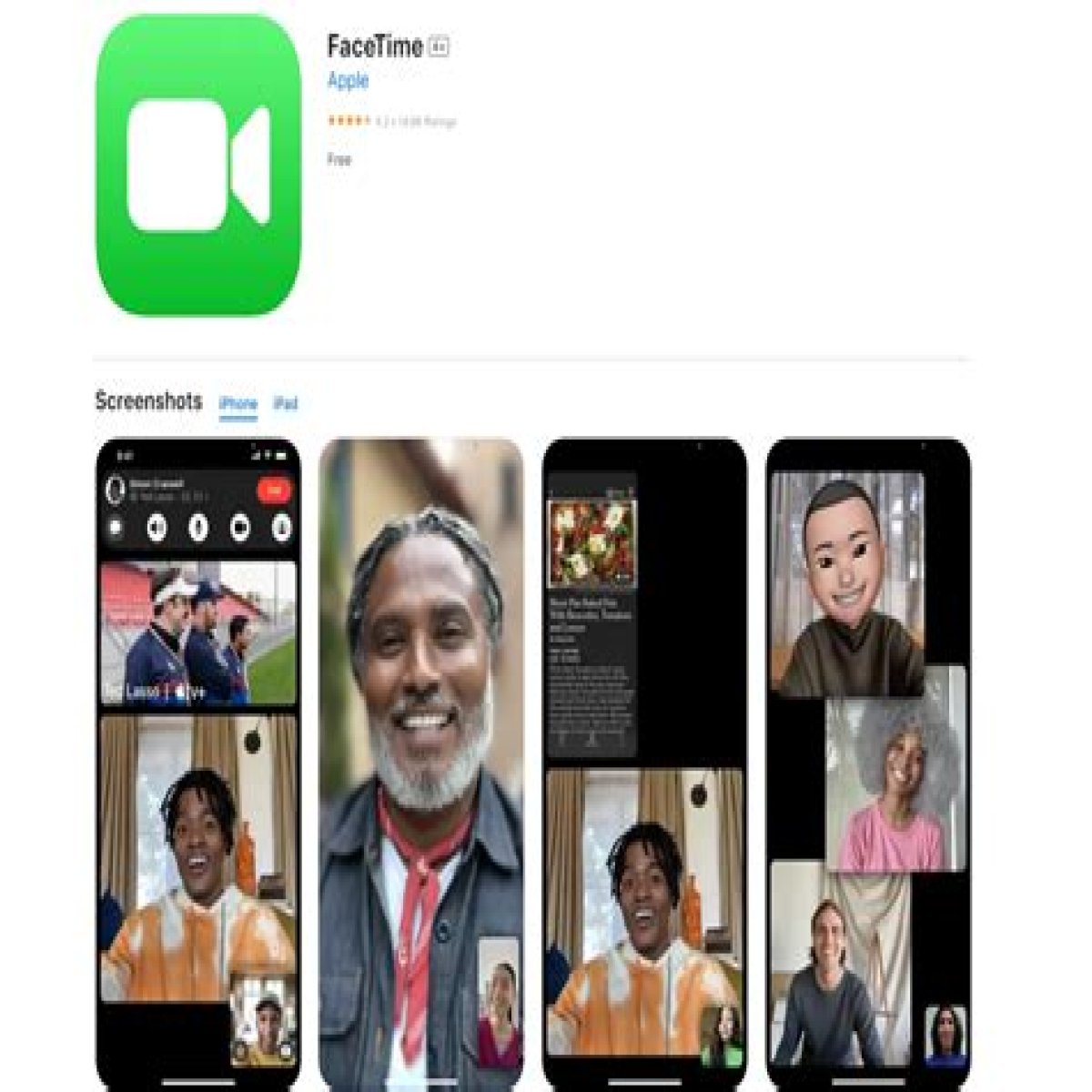In today’s digital age, privacy and surveillance have become hot topics, especially in the realm of social interactions. With the rise of video calling apps like FaceTime, many users find themselves asking, "If you screen record FaceTime does the other person know?" This question is not just a matter of curiosity; it touches on issues of consent, trust, and ethical communication. As more people turn to virtual means to connect with friends, family, and colleagues, understanding the implications of recording these interactions is crucial. FaceTime, being one of the most popular video calling platforms, allows users to share moments in real-time, but it also raises concerns about privacy.
The ability to record a FaceTime call can be both a useful feature and a potential invasion of privacy. Many users may not be aware of the consequences of recording a video call without the other person's knowledge. It is essential to explore whether FaceTime notifies users when a call is being recorded and what the implications are for those involved. As we dive deeper into this subject, we will uncover various aspects of screen recording, including its legality, ethical considerations, and technical functionalities.
Understanding whether recording a FaceTime call alerts the other participant can help foster better communication practices. With technology constantly evolving, so do the rules surrounding privacy and consent. By examining the features of FaceTime and the surrounding legalities, we can paint a clearer picture of what happens when one party chooses to record. So, let’s explore this pressing question and unravel the mystery of screen recording on FaceTime.
- What Happens When You Screen Record a FaceTime Call?
- Does FaceTime Notify the Other Person When You Record?
- What Are the Ethical Considerations of Recording FaceTime Calls?
- How Can You Tell If Someone Is Recording Your FaceTime Call?
- What Should You Do If You Discover Someone Recorded Your FaceTime Call?
- Conclusion: Navigating the Complexities of Screen Recording on FaceTime
What Happens When You Screen Record a FaceTime Call?
When you screen record a FaceTime call, the process is quite straightforward. However, the implications of doing so can vary based on the settings and features of the app. Here’s what happens:
- The screen recording captures both audio and video.
- The recording is saved to the user’s device.
- Notifications or alerts may be triggered depending on the platform used.
Does FaceTime Notify the Other Person When You Record?
One of the most pressing concerns is whether the other party is informed when a screen recording is initiated. As of the latest updates, FaceTime does not send a notification to the other person when a recording starts. This means that you could potentially record a conversation without the other participant knowing. However, this raises significant ethical questions about privacy and consent.
Is It Legal to Screen Record a FaceTime Call?
The legality of recording a FaceTime call can depend on various factors, including jurisdiction and consent laws. In many places, it is illegal to record a conversation without the consent of both parties. Here’s a breakdown of legal considerations:
- One-party consent states: Only one person needs to know about the recording.
- Two-party consent states: All parties involved must be aware and agree to the recording.
What Are the Ethical Considerations of Recording FaceTime Calls?
Even if recording a FaceTime call is legal in your area, ethical considerations must also be taken into account. Recording someone without their knowledge can be seen as a breach of trust and privacy. Here are some ethical points to ponder:
- Respect for the other person's privacy and consent.
- The potential misuse of recorded content.
- Implications for personal relationships and trust.
How Can You Tell If Someone Is Recording Your FaceTime Call?
While FaceTime does not currently notify users when a call is being recorded, there are some telltale signs that may indicate someone is recording your conversation. Here are a few things to watch out for:
- Unusual behavior from the other person.
- Strange audio or video glitches that could indicate recording.
- Direct questions about your conversation or comments that feel out of place.
Can You Prevent Someone from Recording Your FaceTime Call?
While it may be challenging to ensure that someone is not recording your FaceTime call, you can take certain steps to protect your privacy. Consider the following precautions:
- Discuss recording practices openly with your contacts.
- Avoid sharing sensitive information over video calls.
- Use encrypted communication platforms that prioritize privacy.
What Should You Do If You Discover Someone Recorded Your FaceTime Call?
If you find out that someone recorded your FaceTime call without your consent, it can be a disconcerting experience. Here are the steps you can take:
- Communicate directly with the person about your concerns.
- Seek legal advice if necessary, especially if sensitive information was shared.
- Consider re-evaluating your relationship with that individual.
Conclusion: Navigating the Complexities of Screen Recording on FaceTime
The question, “If you screen record FaceTime does the other person know?” is a multifaceted issue that intersects technology, privacy, and ethics. While the technical capabilities of screen recording allow users to capture conversations discreetly, the ethical implications and potential legal consequences should not be overlooked. Engaging in open conversations about recording practices and prioritizing consent can help foster a more trusting digital environment.
As technology continues to evolve, so too must our understanding of privacy and consent in digital communications. By being aware of the potential for recording and the responsibilities that come with it, users can navigate the complexities of modern communication with greater awareness and respect for one another’s privacy.
Mekia Cox And Britt Leach: A Dynamic Duo In EntertainmentDiscovering The Soulful Sounds Of John Allman MusicianHarry Connick Jr. Shines In His Latest Movie: A Cinematic Journey
